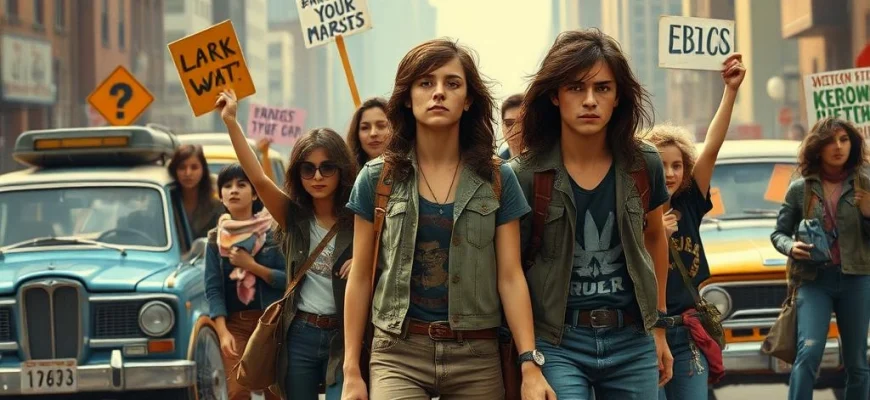If you enjoyed the raw intensity and countercultural themes of 'Getting Straight' (1970), you're in for a treat. This article explores 10 similar movies and shows that capture the same rebellious spirit, political undertones, and gripping storytelling. Whether you're a fan of 70s cinema or just love thought-provoking narratives, these picks will keep you engaged.
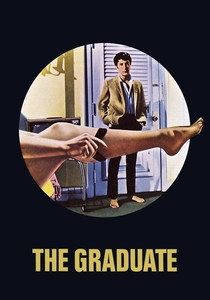
The Graduate (1967)
Description: Explores themes of disillusionment and rebellion against societal expectations, focusing on a young protagonist navigating post-college life and existential crises.
Fact: The iconic soundtrack by Simon & Garfunkel became one of the best-selling albums of all time. The film's famous 'Mrs. Robinson' scene was almost cut for being too risqué.
 Watch Now
Watch Now 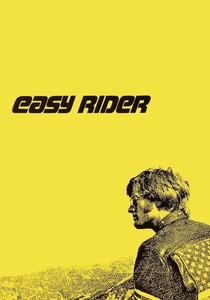
Easy Rider (1969)
Description: Captures the countercultural spirit of the late 1960s, with themes of freedom, rebellion, and the search for meaning in a changing America.
Fact: The film was made on a shoestring budget but became a massive box office success, defining a generation. Many scenes were improvised, adding to its raw, authentic feel.
 Watch Now
Watch Now 
Midnight Cowboy (1969)
Description: Portrays the struggles of outsiders in an unforgiving urban landscape, with themes of loneliness and the American Dream gone awry.
Fact: It's the only X-rated film to win the Academy Award for Best Picture. The famous 'I'm walking here!' line was ad-libbed after a taxi interrupted filming.
 Watch Now
Watch Now 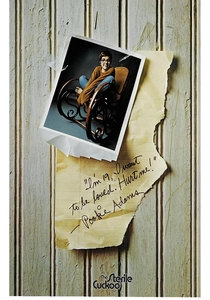
The Sterile Cuckoo (1969)
Description: A poignant story of young love and mental instability, capturing the fragility and intensity of youthful relationships.
Fact: Liza Minnelli's performance earned her first Academy Award nomination. The film's title refers to a bird known for laying its eggs in other birds' nests, symbolizing the protagonist's outsider status.
 Watch Now
Watch Now 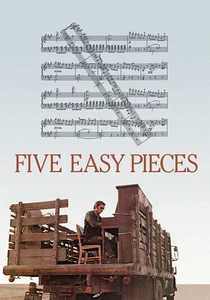
Five Easy Pieces (1970)
Description: Focuses on a disenchanted protagonist rejecting his privileged upbringing, embodying the era's themes of alienation and self-discovery.
Fact: The famous diner scene where the protagonist orders toast in a roundabout way was entirely improvised. The film was shot in just 30 days.
 Watch Now
Watch Now 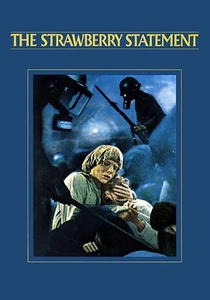
The Strawberry Statement (1970)
Description: Centers on student activism and rebellion, reflecting the turbulent political climate and youthful idealism of the time.
Fact: The film was based on a real-life student strike at Columbia University. The soundtrack features prominent artists like Neil Young and Crosby, Stills & Nash.
 Watch Now
Watch Now 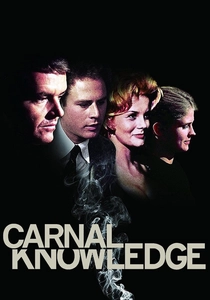
Carnal Knowledge (1971)
Description: Examines the complexities of male sexuality and relationships, with a candid and often critical look at societal expectations.
Fact: The film was controversial for its explicit content, leading to obscenity lawsuits in some states. The script was written in just three weeks.
 Watch Now
Watch Now 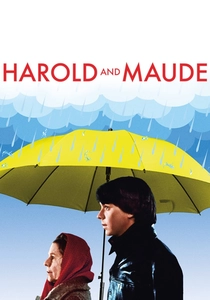
Harold and Maude (1971)
Description: A darkly comedic exploration of life, death, and nonconformity, featuring an unconventional relationship that challenges societal norms.
Fact: The film initially received mixed reviews but later became a cult classic. The soundtrack by Cat Stevens was integral to the film's emotional tone.
 Watch Now
Watch Now 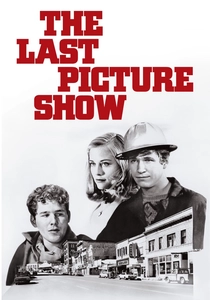
The Last Picture Show (1971)
Description: A coming-of-age story set in a dying Texas town, capturing the melancholy and disillusionment of youth in a fading era.
Fact: The film was shot in black and white to emphasize its nostalgic tone. Many of the small-town locations were actual places, not sets.
 Watch Now
Watch Now 
The Revolutionary (1970)
Description: A political drama about a young man's radicalization, mirroring the era's tensions and the search for ideological meaning.
Fact: The film was shot on a very low budget, using guerrilla filmmaking techniques. It was one of the first American films to openly sympathize with leftist movements.
 Watch Now
Watch Now 
